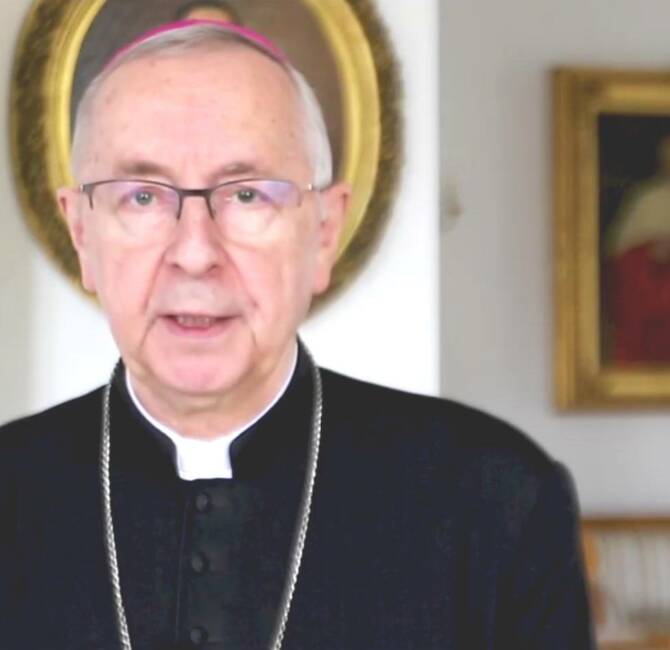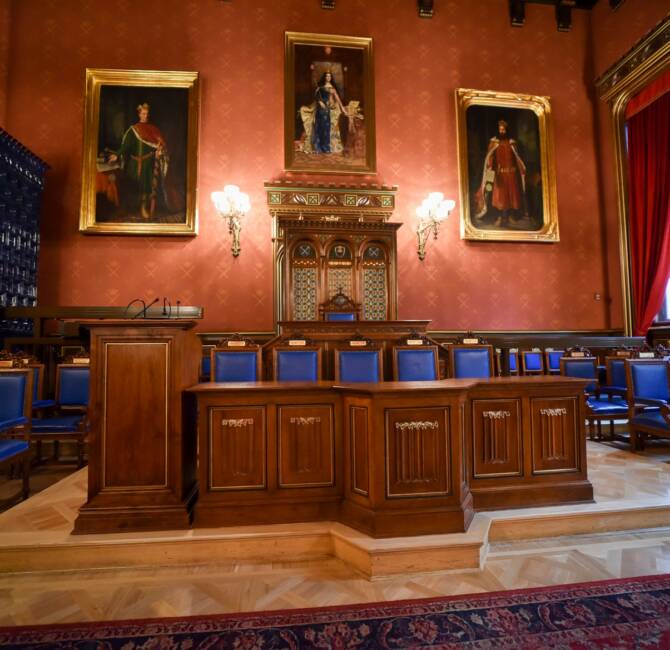European Union – The European Commission has announced on April 11th its will to ban difference of quality level for brand products depending on their destination market. A lot of brands sold products in Central and Eastern Europe that were presented as identical to the ones sold in Western Europe but were in reality of lower quality.
As modest as it is, it is indeed a victory for the Visegrád Group that protested together against the double standards of the brands. ”We will intensify our struggle against the double quality level of food. We have modified the Unfair Commercial Practices Directive in order to write clearly in black and white the fact that double quality of food is forbidden”, declared Vĕra Jourová, European Commissioner for Justice.
”This will give to the national authorities the tool that they asked for in order to put an end to this practice. As President Juncker said in last September, there cannot be second class citizens within the EU,” she declared further, echoing the claims of the Central European leaders.
Jean-Claude Juncker aligned on the demands formulated last year by the Visegrád Group and declared on September 13th, 2017 at the end of his State of the Union address that he cannot ”accept that in certain regions of Europe, in Central and Eastern Europe, the people were proposed food products of lower quality than in other countries, under identical brands and packages”.
The first reaction of the European Commission was to declare that food quality did not belong to its competences. But the coordinated pressure of the Central and Eastern European countries, particularly from the V4 – among which Slovakia – but also from Bulgaria, the European Commission and its president Jean-Claude Juncker adapted their position and found a way to meet their expectations, putting this way an end to what the Bulgarian Prime Minister qualified a ”food apartheid”.
This victory is above all a symbolic one but it shows once more that the Visegrád Group is henceforth able to make pressure on the European Commission in order to invoke the rights of its members.




